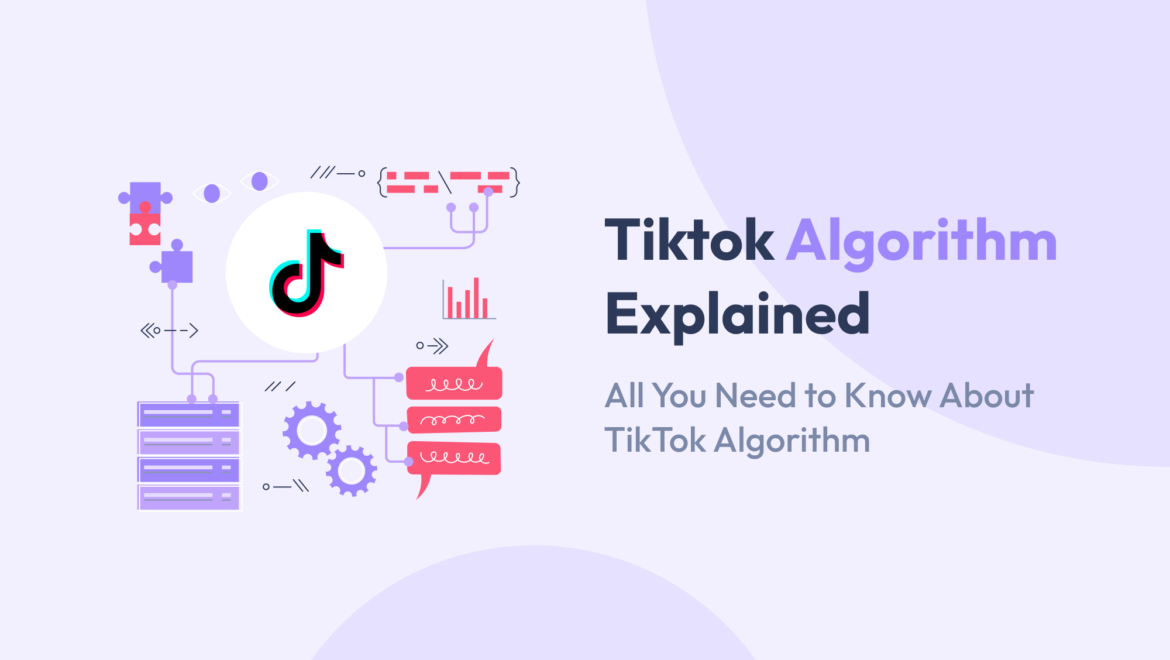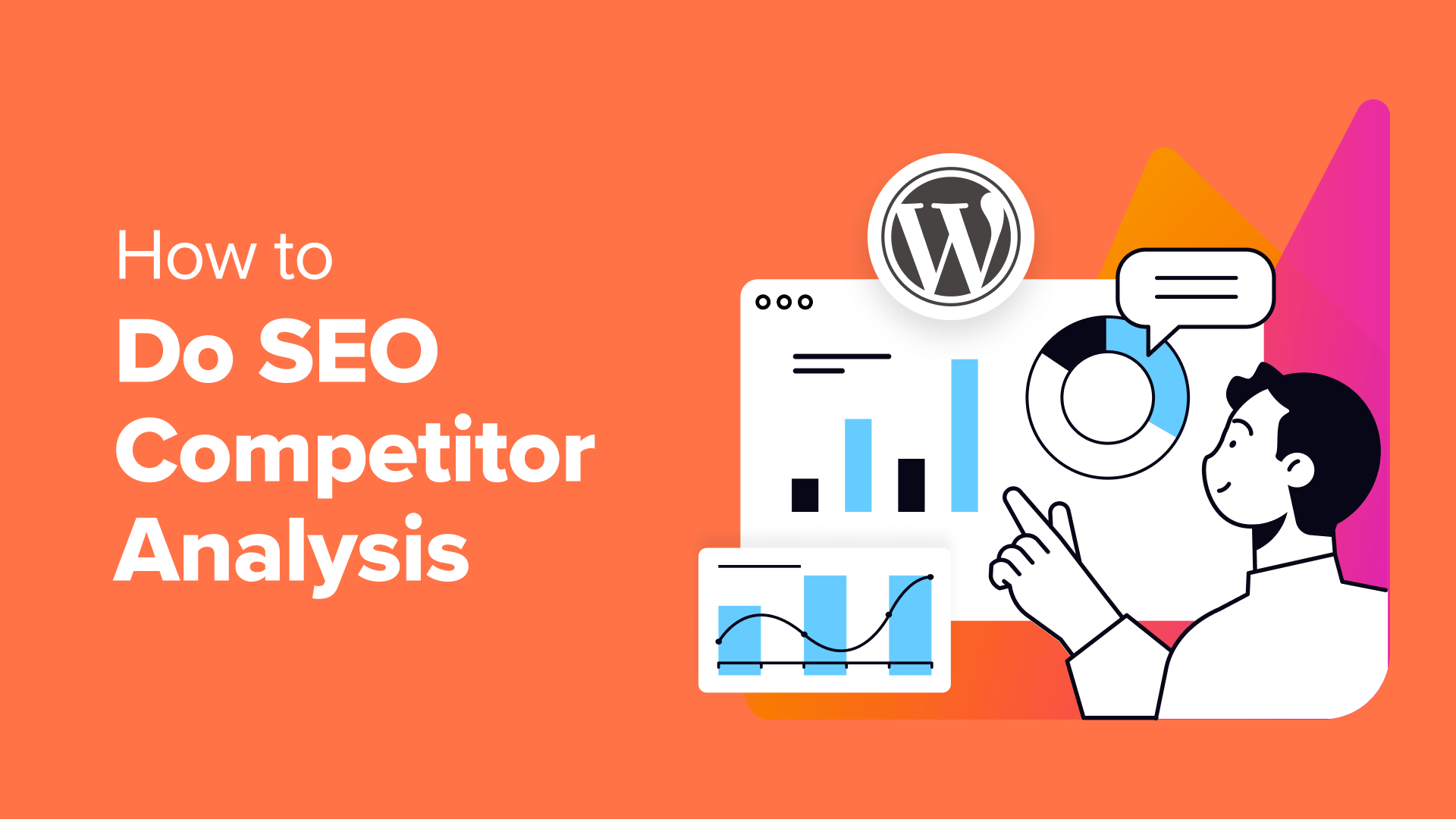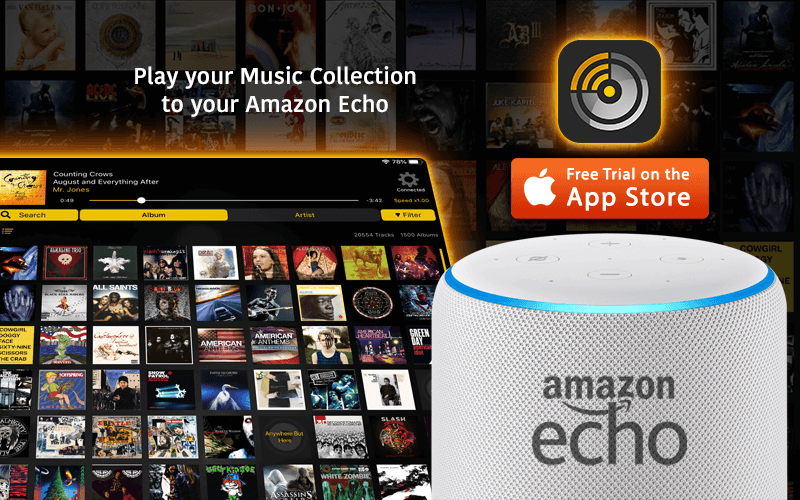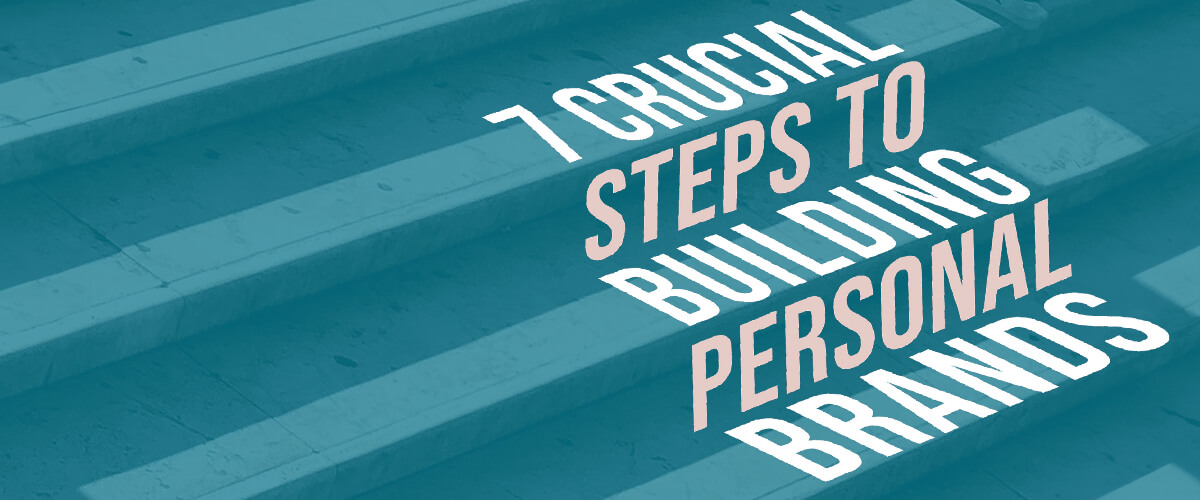Frequently Asked Questions (FAQ)
1. What is the MDN Front-End Developer Curriculum?
Answer: The MDN Front-End Developer Curriculum is a comprehensive, structured learning path created by Mozilla’s Developer Network (MDN). It is designed to teach essential front-end development skills, including HTML, CSS, JavaScript, and modern web technologies. The curriculum includes practical projects, interactive tutorials, and a range of resources to help learners build a strong foundation in web development.
2. Who is the MDN Front-End Developer Curriculum for?
Answer: This curriculum is ideal for anyone interested in becoming a front-end developer, including beginners who are just starting out and experienced developers looking to update their skills. It is also beneficial for those who want a structured, up-to-date learning path aligned with industry best practices.
3. How is the curriculum structured?
Answer: The MDN Front-End Developer Curriculum is organized into several key modules:
- Introduction to Web Development
- HTML Basics
- CSS Fundamentals
- JavaScript Basics and Advanced Concepts
- Version Control with Git
- Project Development
- Deployment and Maintenance
Each module builds on the previous one, ensuring a logical progression of learning.
4. What topics are covered in the curriculum?
Answer: The curriculum covers a wide range of topics, including:
- HTML: Tags, attributes, document structure, and forms.
- CSS: Selectors, properties, Flexbox, CSS Grid, and responsive design.
- JavaScript: Syntax, DOM manipulation, event handling, asynchronous programming, and APIs.
- Version Control: Basics of Git and collaborative workflows.
- Project Development: Building and showcasing real-world projects.
- Deployment and Optimization: Deploying projects, performance optimization, and maintenance.
5. How can I access the MDN Front-End Developer Curriculum?
Answer: You can access the curriculum by visiting the MDN Web Docs website. The curriculum is available under the “Learn” section, where you can find the structured learning path and associated resources.
6. Is there a cost associated with the MDN Front-End Developer Curriculum?
Answer: No, the MDN Front-End Developer Curriculum is available for free. MDN Web Docs is committed to providing high-quality educational resources at no cost to users.
7. Do I need any prior knowledge before starting the curriculum?
Answer: No prior knowledge is required to start the curriculum. It is designed to cater to beginners and those new to front-end development. The curriculum starts with foundational concepts and gradually progresses to more advanced topics.
8. How long does it take to complete the curriculum?
Answer: The time required to complete the curriculum depends on your prior experience, learning pace, and the time you can dedicate to studying. On average, learners may take several months to complete all modules, especially if they are working on projects and practicing skills regularly.
9. Are there interactive exercises and projects included in the curriculum?
Answer: Yes, the curriculum includes interactive exercises and hands-on projects to reinforce learning. These practical elements help you apply theoretical knowledge and build a portfolio of work.
10. How can I track my progress in the curriculum?
Answer: While the MDN Front-End Developer Curriculum does not have a built-in progress tracking feature, you can manually track your progress by completing modules and projects. Consider keeping a personal journal or using external tools to monitor your learning milestones.
11. Can I get help if I encounter difficulties while studying?
Answer: Yes, you can seek help from the MDN community. Participate in forums, discussion groups, and other community resources to ask questions and get support. Engaging with fellow learners and developers can provide valuable insights and assistance.
12. Are there any certifications or credentials offered upon completion?
Answer: As of now, the MDN Front-End Developer Curriculum does not offer official certifications or credentials. However, the skills and knowledge gained through the curriculum will be valuable for building a portfolio and demonstrating your abilities to potential employers.
13. Can I use the curriculum to prepare for job interviews?
Answer: Yes, the curriculum covers key front-end development topics and skills that are relevant for job interviews. Working on the hands-on projects and exercises can help you prepare for technical questions and demonstrate your proficiency during interviews.
14. How often is the curriculum updated?
Answer: The MDN Front-End Developer Curriculum is regularly updated to reflect the latest trends and best practices in front-end development. MDN Web Docs continuously reviews and revises content to ensure it remains relevant and accurate.
15. Can I contribute to the MDN Front-End Developer Curriculum?
Answer: MDN Web Docs encourages contributions from the community. If you have suggestions for improvements or want to contribute content, you can participate in MDN’s open-source community by following their guidelines for contributions.
16. What are some additional resources to complement the curriculum?
Answer: To complement the curriculum, consider exploring additional resources such as:
- Online Coding Platforms: Websites like Codecademy, freeCodeCamp, and Udacity offer supplementary courses and exercises.
- Books and eBooks: Books on front-end development can provide deeper insights into specific topics.
- Web Development Forums: Engaging with forums and discussion groups can help you stay updated and connect with other developers.























